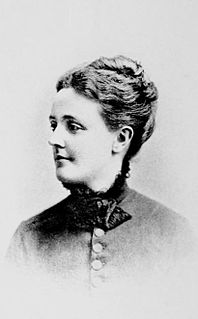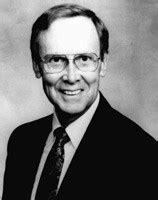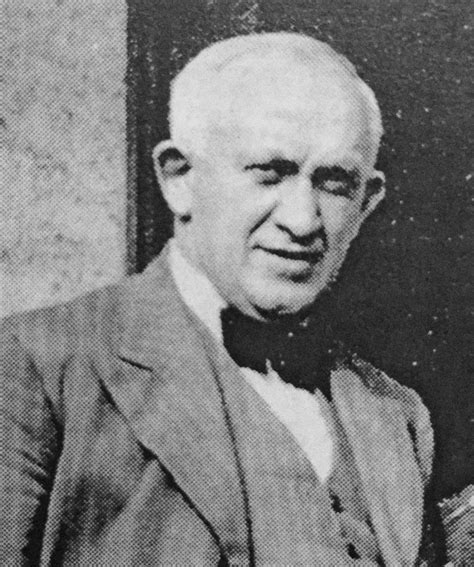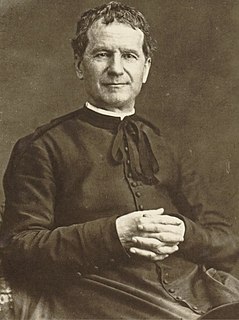A Quote by Francois Fenelon
If we had strength and faith enough to trust ourselves entirely to God; and follow Him simply wherever He should lead us, we should have no need of any great effort of mind to reach perfection.
Related Quotes
To let God make us, instead of painfully trying to make ourselves; to follow the path that his love shows us, instead of through conceit or cowardice or mockery choosing another; to trust Him for our strength and fitness as the flowers do, simply giving ourselves back to Him in grateful service,—this is to keep the laws that give us the freedom of the city in which there is no longer any night of bewilderment or ignorance or uncertainty.
At this time, we should renew our faith in God. We celebrate the hour in which God came to man. It is fitting that we should turn to Him. . . But there are many others who are away from their homes and their loved ones on this day. Thousands of our boys are on the cold and dreary battlefield of Korea. But all of us, at home, at war, wherever we may be, are within reach of God's love and power. We can all pray. We should all pray.
We should fix ourselves firmly in the presence of God by conversing all the time with Him...we should feed our soul with a lofty conception of God and from that derive great joy in being his. We should put life in our faith. We should give ourselves utterly to God in pure abandonment, in temporal and spiritual matters alike, and find contentment in the doing of His will,whether he takes us through sufferings or consolations.
I had to learn how to give my best effort to God and trust him with the results. I have to learn to have enough faith to trust in his grace and to trust in his sovereign and perfect plan. I had to submit my will, my desires, my dreams — give it all up to God and say, “Look, I am going to give my best effort, go on the court and play every day for you, and I'm going to let you take care of the rest.
During this period the Lord has allowed us to be tested beyond our strength; often 'pressed out of measure, above strength...that we should not trust in ourselves.' Our faith has grown with the work, and we have proved over and over again that all the testings have been for the purpose of strengthening it.
His Majesty knows best what is suitable for us. There's no need for us to be advising Him about what He should give us, for He can rightly tell us that we don't know what we're asking for (cf. Mt. 20:22). The whole aim of any person who is beginning prayer ? and don't forget this, because it's very important ? should be that he work and prepare himself with determination and every possible effort to bring his will into conformity with God's will.
The great object of Education should be commensurate with the object of life. It should be a moral one; to teach self-trust: to inspire the youthful man with an interest in himself; with a curiosity touching his own nature; to acquaint him with the resources of his mind, and to teach him that there is all his strength.
So long as we judge ourselves by human comparisons, there is plenty of room for self-satisfaction, and self-satisfaction kills faith, for faith is born of the sense of need. But when we compare ourselves with Jesus Christ, and through Him, with God, we are humbled to the dust, and then faith is born, for there is nothing left to do but to trust to the mercy of God.
Old Testament Israel had some foundational pillars of faith. They were true and robust and God given. The trouble was that people had come to trust in them merely by repeating them, without paying any attention to the ethical implications of what their faith should mean in how they lived. They believed God had given them their land. He had. But they had not lived in it in either gratitude or obedience. They had not fulfilled any of the conditions that Deuteronomy had made so clear.
Health is God's great gift, and we must spend it entirely for Him. Our eyes should see only for God, our feet walk only for Him, our hands labor for Him alone; in short, our entire body should serve God while we still have the time. Then, when He shall take our health and we shall near our last day, our conscience will not reproach us for having misused it.
We are not called on to believe this or that doctrine which may be proposed to us till we can do so from honest conviction. But we are called on to trust--to trust ourselves to God, being sure that He will lead us right--to keep close to Him--and to trust the promises which He whispers through our conscience; this we can do, and we ought to do.





































